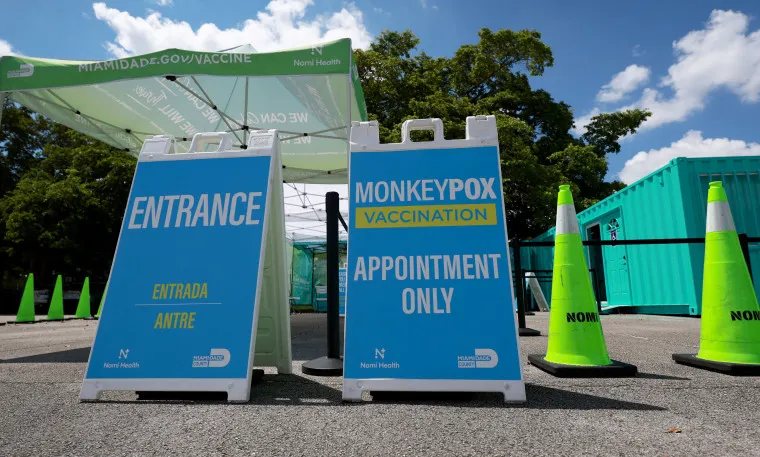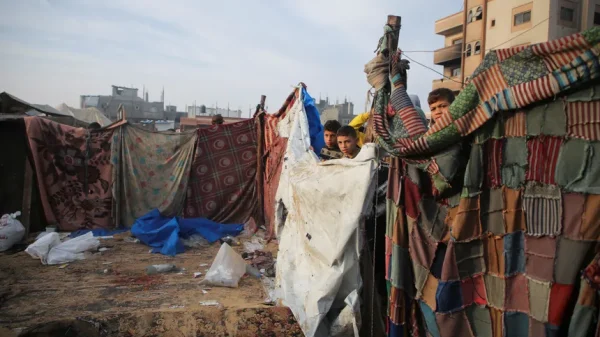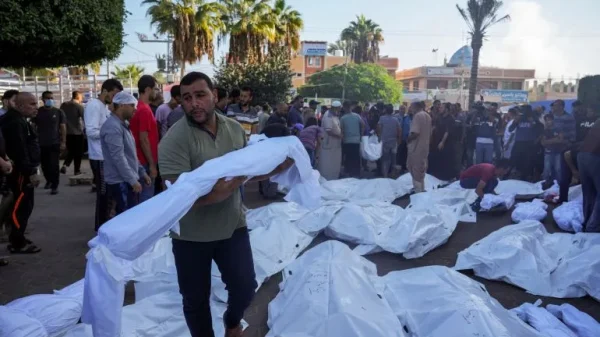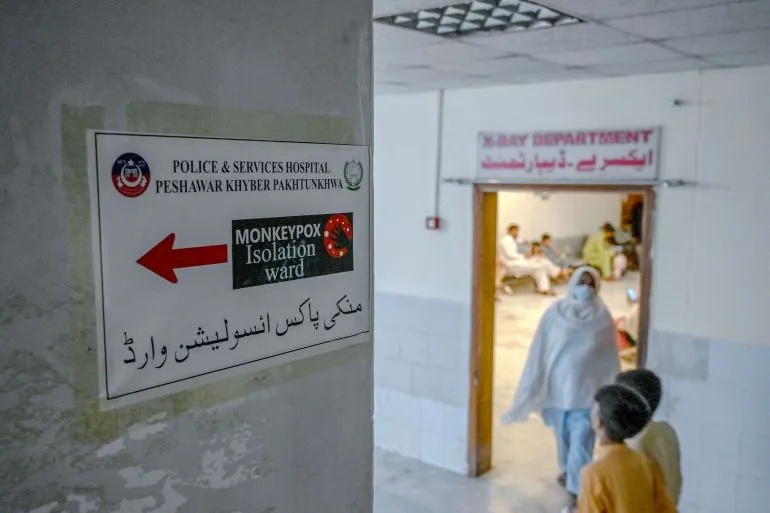The United Nations Children’s Fund (UNICEF) is sounding the alarm about the surge of mpox cases in the Democratic Republic of the Congo (DRC) and neighboring countries. According to UNICEF, since the start of the year, approximately 8,772 children have contracted the disease, with more than half of the total reported cases in the country. The Centers for Disease Control and Prevention (Africa CDC) has declared the outbreak a Public Health Emergency of Continental Security, while the World Health Organisation has classified it as a Public Health Emergency of International Concern.
The new mpox variant is particularly deadly, with an estimated 463 of the 548 reported deaths being children. The evidence suggests that children, especially those who are malnourished or affected by other illnesses, are the most vulnerable to contracting and dying from this strain of mpox. UNICEF Regional Director for West and Central Africa, Gilles Fagninou, emphasized that protecting children must be the top priority. “This new mpox variant outbreak is one more worrying threat for children and families, with many already living through ongoing conflict and displacement, cholera and polio outbreaks, and malnutrition.”

Thousands of Children Face Devastating mpox Outbreak Threat (Image via Getty)
UNICEF is working closely with the Africa CDC, WHO, and other partners to support national governments in addressing the outbreak. In the DRC, the organization is working with the government to develop an mpox preparedness and response plan, focusing on saving lives and protecting the most vulnerable children in the provinces of South Kivu, South Ubangi, and Sankuru. The plan includes risk communication and community engagement, infection prevention and control, medical and nutritional care, psychosocial support, and integrated outbreak analysis. UNICEF is appealing for $4,581,000 to scale up interventions in the DRC and an additional $1 million for regional preparedness, coordination, and response efforts in West and Central Africa.
The mpox outbreak is exacerbating the already dire situation in the DRC, where the healthcare system is struggling to cope with previous epidemics and ongoing conflict. Without immediate action and additional funding, the consequences for children will be severe, warns Fagninou. UNICEF is working tirelessly to support affected families and communities, but the organization needs more resources to effectively respond to the crisis.


























